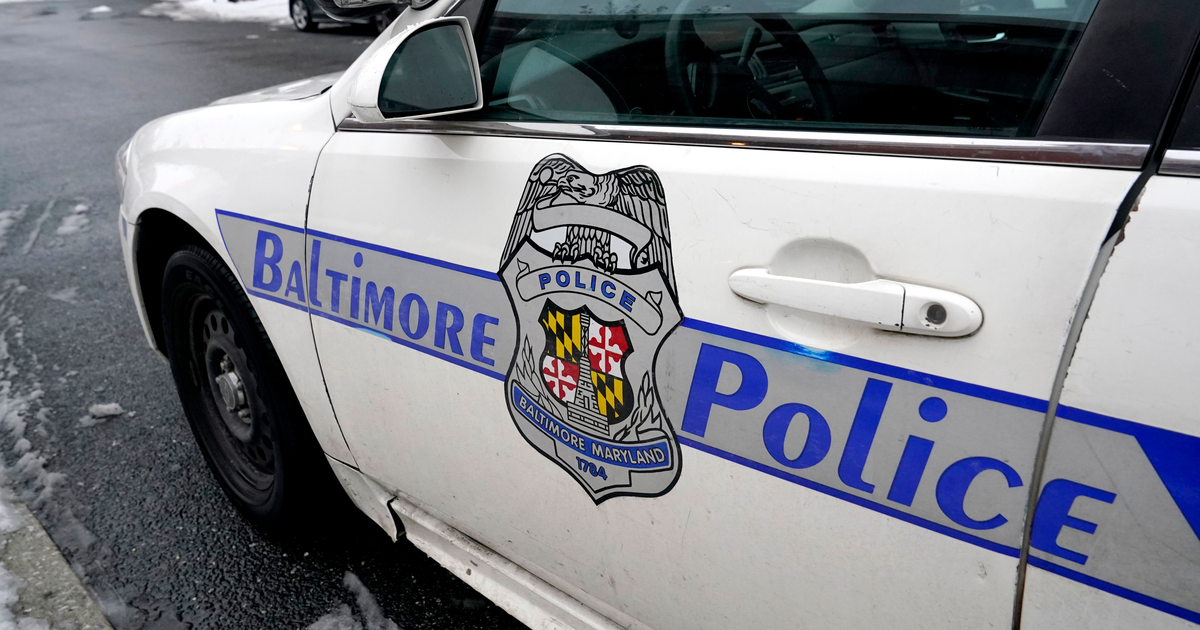
Something exceptional happened on Saturday: U.S. lawmakers in Maryland moved to repeal the state’s police Bill of Rights.
The repeal came as part of a larger police reform package that passed through the Maryland legislature in recent weeks. Of the five bills making up the entire package — all of which passed in the state’s Democrat-controlled General Assembly — Gov. Larry Hogan, a Republican, vetoed three, including the police Bill of Rights repeal.
The vetoed bills returned to the General Assembly for a vote on Saturday, where both the state House and Senate voted to successfully override Hogan’s vetoes. The collection of bills, which together amount to broad reforms for the state’s law enforcement body, are some of the many reform efforts that sprung up after the May 2020 police killing of George Floyd.
The legislation includes a bunch of significant measures, including mandated body cameras statewide, changed use-of-force guidelines, changes to the way search warrants are executed (including a limitation on “no-knock” warrants), and increased oversight power handed to civilians. But the repeal of Maryland’s police Bill of Rights is huge on its own, make no mistake.
Part of this has to do with the history: Maryland was the first state to introduce a police Bill of Rights, back in the early ’70s. Almost half of the 50 U.S. states have since adopted such a measure. But now, Maryland is also making history again as the first state to move on a repeal. So there’s a major precedent set here that may encourage other states to follow suit.
But the text of the law — technically codified as the “Law Enforcement Officers Bill of Rights” — has also been a major obstacle to pushing for social justice over the years. Critics say it affords police a level of protection that has allowed them to evade consequences for bad conduct in many past instances. These protections have historically enabled a system that, again and again, sees law enforcement figures undermining the rights of marginalized people in the U.S., particularly Black and brown communities.
Those critics aren’t wrong. Among the other protections afforded to law enforcement officials, the police Bill of Rights allows for a mandated waiting period before an officer accused of misconduct is required to sit down with investigative authorities. It also puts an expiration date on complaints brought against officers, and it establishes that misconduct investigations are handled by law enforcement officials rather than civilians.
It’s not that the whole thing is bad. The police Bill of Rights also does things like guarantee that officers have the right to engage in political activity or run for elected office, provided those activities happen during off-duty hours. It also gives any officer accused of misconduct the right to legal counsel and the guarantee of a hearing.
The problem with a bad law, though, is only part of it needs to be a problem. Creating a framework for accused police officers to receive the same due process right as any other citizen is fair and correct. But the bits that allow those same officers to sidestep responsibility and have their past actions hidden from public view has the effect of corrupting what should be a fair and impartial process.
Maryland’s own police Bill of Rights is particularly problematic because of how far it goes to protect police officials. Police in the state enjoy a five-day waiting period before any misconduct investigation can move to bring them in for questions, compared to the two days in other states. There are also strict limitations that bar misconduct investigations from being handed to a civilian review board.
Police officers should be entitled to the same basic legal protections as the people they’re tasked with protecting, but the police reform movement argues that they need to be held to a higher standard as well. These state employees are tasked with protecting their communities, and they’re sent into the field armed with extensive training as well as actual weapons.
No one’s saying they shouldn’t have a right to mount a defense in a legal setting. But that courtroom, in whatever form it happens to take, shouldn’t be tilted in their favor from the outset. Police officers are just as capable of misconduct as anyone else, but because of their unique role in society there needs to be transparency in the process and tangible guarantees for a fair hearing that’s free of outside influences.
Reality has proven again and again that what should be is often not the same as what is. Likewise, this single repeal isn’t going to uproot and reprogram the entire system. But it’s an important step toward greater police accountability, especially coming from a state with such a problematic history of misconduct toward its marginalized population.
